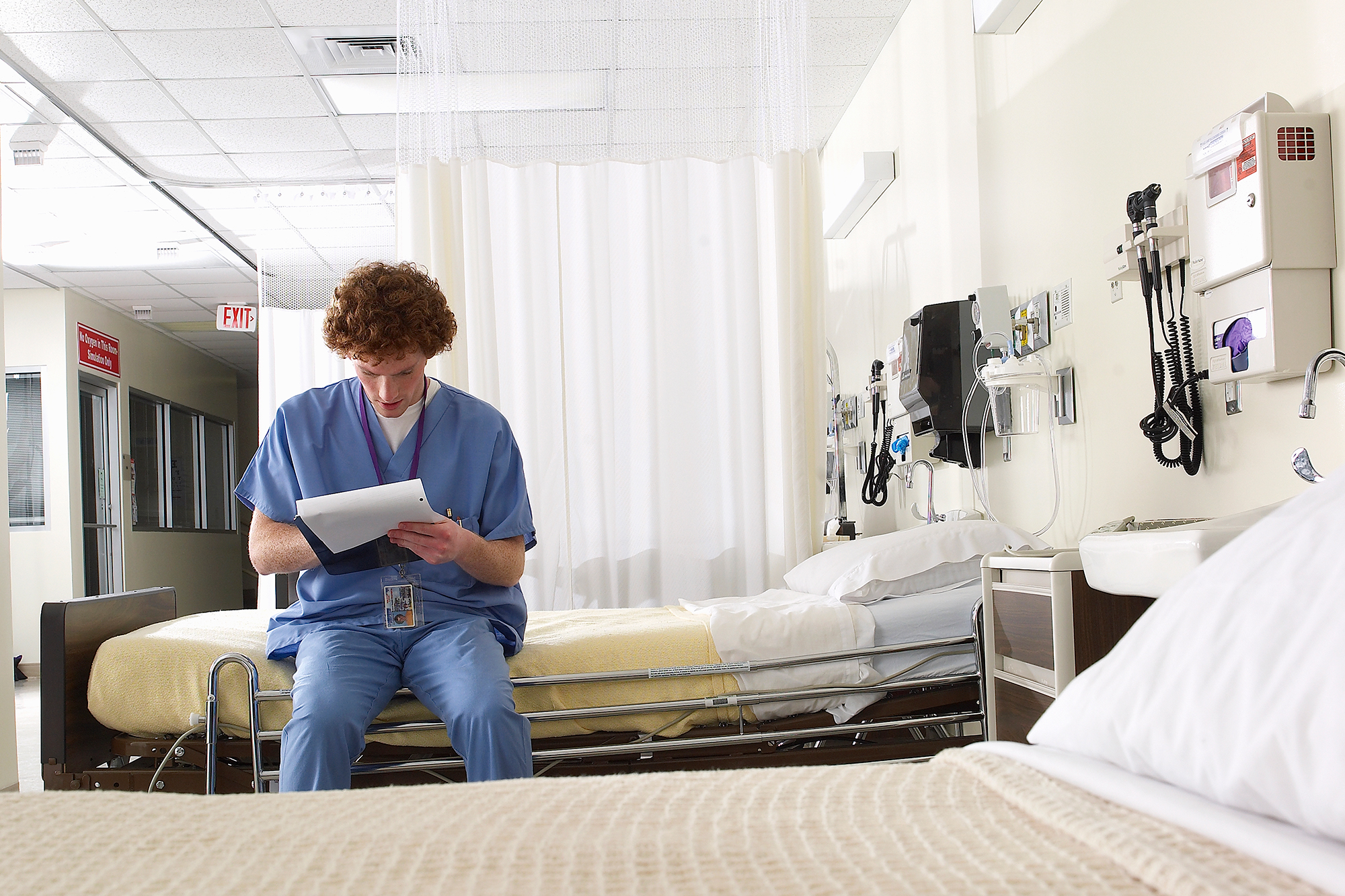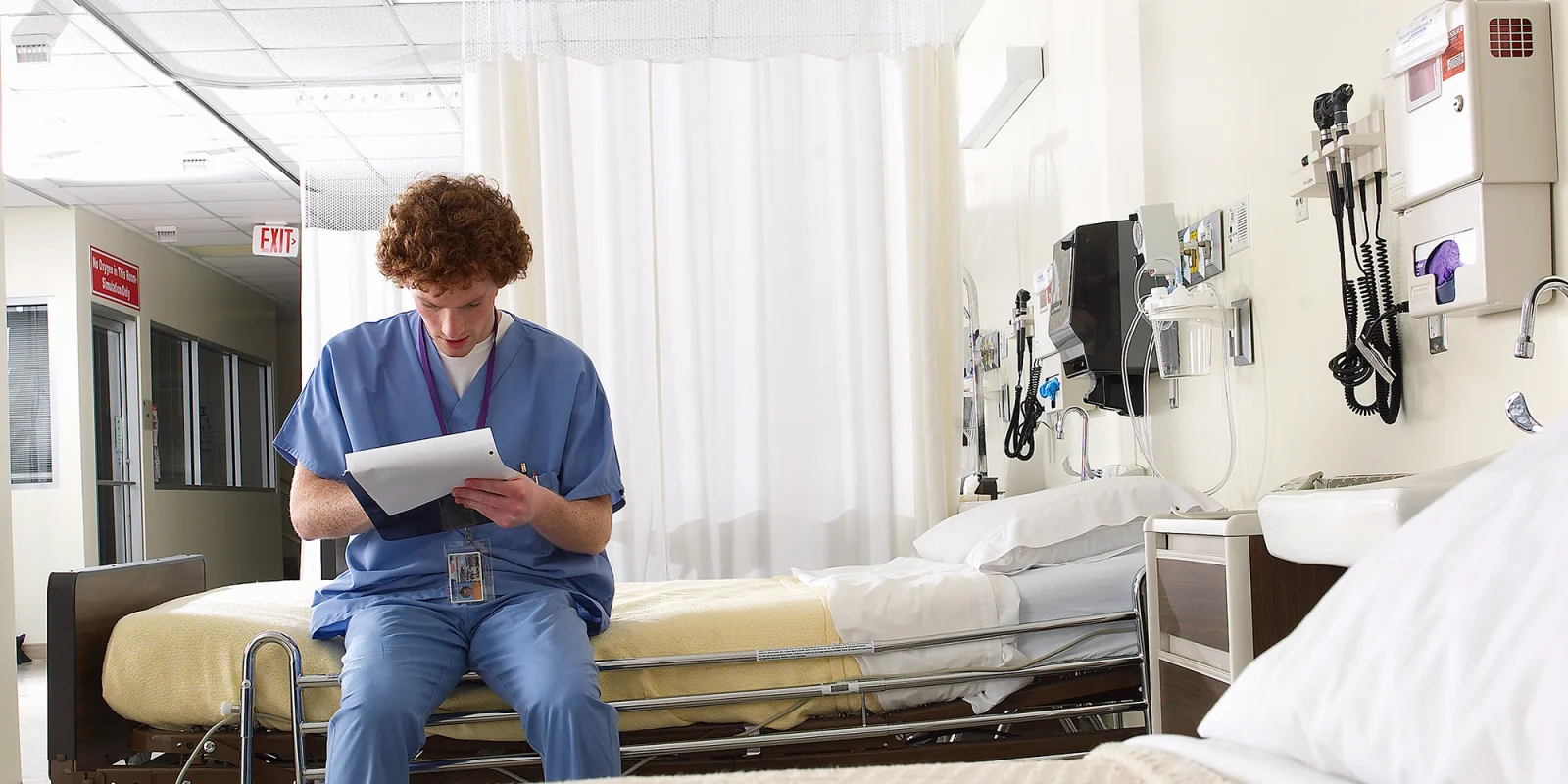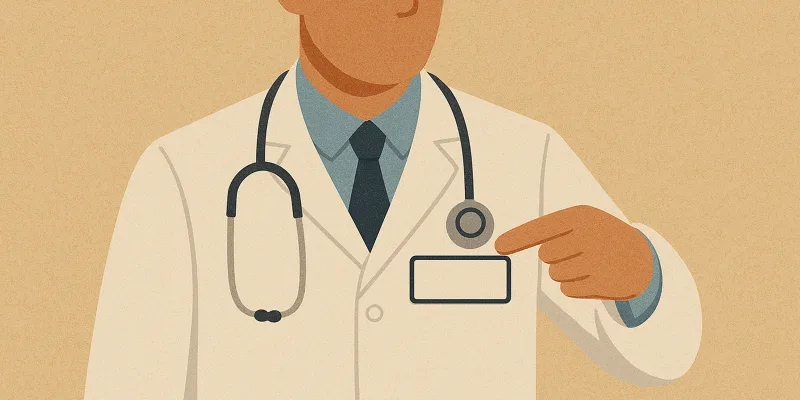
As a rising fourth-year med student, these are my words of wisdom for all students who are on their clinical rotations:
Your mental health is paramount, do not neglect how you are feeling!
There is not one med student that I know of who hasn’t felt anxiety, paranoia, or depression. Some of your peers may even be diagnosed with psychiatric disorders and take medications. And that is okay! As a mentor of mine told me before I started med school, “Those four years were by far the hardest and most trying times of my life, but I never forgot the support of my friends and family.”
During my own experience in med school, I will admit here that at times, I allowed feelings of guilt and sadness to creep into my mind whenever I didn’t perform adequately. It was all too easy to compare myself to my classmates. But you are the most important person in your life. You matter! If you are feeling symptoms of depression or worse, wish to inflict harm on yourself, take a step back and find someone who is part of your inner circle. Your family. Your parents. Your childhood friends. Your college friends. Talk with your loved ones about med school, about your struggles and challenges. The power of talk therapy is real, and never feel that sharing how you are feeling makes yourself any less of a med student. Introspection, along with doing the things that you love and striving toward a balance between school and quality time with friends and family, will get you through. Trust that your friends and family have your back.
Shelf exams are tough. And you might fail one, and that is okay. You are not defined by numbers.
We are all human, and therefore all prone to having days where we do not perform at the level of our own expectations. I am no exception. On June 21, 2017, I was on my summer break and outside in the park. It was sunny and I had never felt better. I felt my phone vibrate and saw that I received an email. I had failed the internal medicine shelf. To this day, I cannot tell you how it happened; I was confident I had passed it when I left the auditorium? But, I accepted the truth (painfully) and made a study schedule to retain what I learned during my IM rotation. I wanted to be absolutely ready for my retake later in the fall.
My failure lit a fire in me to never let myself down again. So far, I’ve kept that promise to myself (I’ve since passed both my surgery and family medicine shelf exams, retook my IM shelf, and passed it with flying colors). Sometimes it takes failure to realize you’re resilient. Take your failure and turn it into your strength.
Stay strong in the face of criticism.
On a cardiothoracic transplant service, I was asked by my attending on my first day to follow the fellow to see a new patient. She was an 8-year-old girl with cardiomyopathy in need of a new heart. After my fellow took the history with the parents and met with the patient, we went back upstairs to the workroom. After we all sat down, my attending asked me to present the patient to the team. I immediately froze and looked at him blankly. I hadn’t been asked to interview the patient. In fact, I’d even asked my fellow and he had said he would present the patient for us. My face instantly turned red, and I quickly read a one-liner from a past note taken by another attending. Huge mistake.
“Why didn’t you take a history, TJ? You are a third-year med student, you should know better by now!”
I rarely cry in front of people, but at that moment, I felt weak and pathetic. There’s a preconceived notion that as a med student you should be able to take criticism head-on and not let your emotions affect you. But sometimes, you just can’t help it.
A minute or so after my attending grilled me, I asked him if I could step out to use the restroom. He allowed me to, and the moment I opened the restroom door and locked it, I broke into tears.
Criticism will happen at every level of medical education, and you must not only be cognizant of why you feel negative emotions but also of how you react to difficult circumstances, expected and unexpected. Never let pointed words of discouragement bring you down. Whether or not the criticism is warranted, it doesn’t define you. Take it in stride, push forward, and accomplish the goals and objectives that you have for yourself and for your patients.
Your patients are truly your greatest teachers.
Every patient you see is placing their trust in the hands of their treatment team. No matter how fatigued you are, no matter how few hours of sleep your body is running on, focus on and be there for your patients. Gather as many clues as you can when you are taking histories, performing physical exams, reviewing charts, and scanning lab and imaging results.
If you’re struggling to put together a differential diagnosis, that’s okay. Do your best. Put together as concise and comprehensive H&P as you can, and present it to your team. Tell them the patient’s story and offer what you think are the top conditions/disorders/diseases (and why). From this, your residents and attending can help you refine — but however you get to that differential diagnosis, remember to go see your patient again, remember to try to learn more, remember to remember them as people.
Ton La, Jr. is a MD/JD/LLM candidate at Baylor College of Medicine and the University of Houston Law Center applying to internal medicine residency programs. He sits on the American Medical Student Association Board of Trustees as the Vice President for Membership and previously served as the Student Editor of The New Physician. He is a 2019–2020 Doximity Op-Med Fellow.







